While cholesterol is essential for bodily functions, high levels of it can pose significant risks to our health, especially in terms of heart disease. In the UK, almost half of adults have raised cholesterol, underscoring the urgency of understanding the dangers associated with it and taking proactive steps to lower cholesterol levels.
Understanding Cholesterol
Cholesterol is a type of fat found in the blood, and our bodies need it to build healthy cells. However, having high levels of cholesterol can lead to the accumulation of plaque in the arteries, restricting blood flow and increasing the risk of heart disease and stroke. The good news is that cholesterol levels can often be managed through lifestyle changes and medication when necessary.
The Dangers of High Cholesterol
High cholesterol is often referred to as a “silent killer” because it typically has no symptoms. This makes it even more crucial to be proactive about monitoring and managing your cholesterol levels. When left uncontrolled, high cholesterol can lead to serious health issues, including atherosclerosis (narrowing of the arteries), heart attack, and stroke.
Taking Action: How to Lower Your Cholesterol
- Adopt a Heart-Healthy Diet: Focus on a diet rich in fruits, vegetables, whole grains, and lean proteins. Reduce your intake of saturated and trans fats found in fried foods, processed snacks, and fatty cuts of meat.
- Exercise Regularly: Engage in physical activities such as walking, jogging, swimming, or cycling. Aim for at least 150 minutes of moderate-intensity aerobic exercise per week.
- Maintain a Healthy Weight: Losing excess weight, especially around the abdominal area, can significantly lower cholesterol levels and reduce the risk of heart disease.
- Quit Smoking: If you smoke, quitting is one of the best things you can do for your heart. Smoking not only lowers your good cholesterol (HDL) but also damages your blood vessels.
- Limit Alcohol Consumption: If you choose to drink alcohol, do so in moderation. Excessive alcohol intake can raise your cholesterol levels and contribute to other heart-related problems.
- Manage Stress: Chronic stress can affect your cholesterol levels. Practice stress-reducing activities such as meditation, yoga, or spending time with loved ones.
- Medication, if Necessary: In some cases, lifestyle changes may not be enough to lower cholesterol to a healthy level. Your healthcare provider might prescribe medications to help manage your cholesterol effectively.
What’s next for you?
Understanding the dangers of high cholesterol and taking proactive steps to lower it are crucial for maintaining a healthy heart. By making positive lifestyle changes, adopting a heart-healthy diet, exercising regularly, and managing stress, you can significantly reduce your risk of heart disease.
Remember, your heart health is in your hands, and with the right actions, you can pave the way towards a healthier, happier, and more fulfilling life. Don’t wait – start your journey to lower cholesterol and better heart health today.
For help and support with lower the cholesterol levels within your workforce – and overall health promotion, please contact us today.









